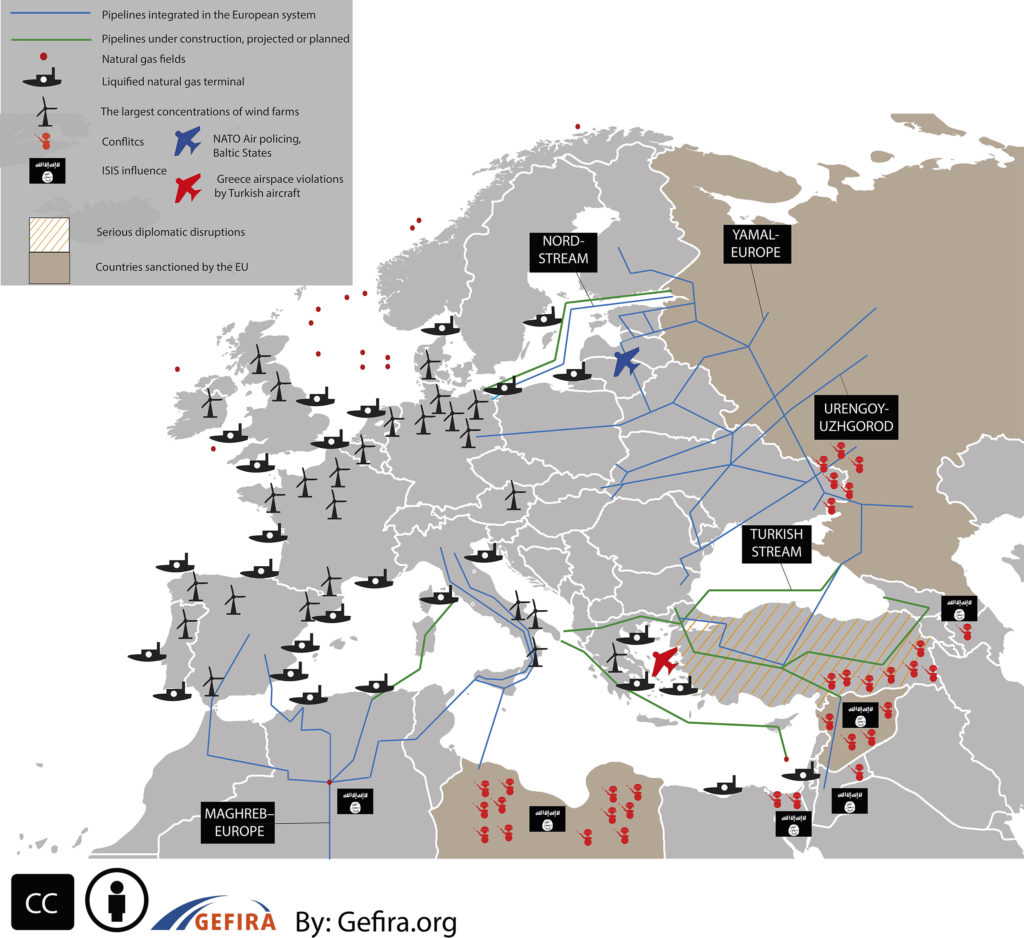It’s the season when Greece’s continuing debt saga approaches what has now become a familiar summer climax, with citizens protesting austerity cuts and international creditors squabbling over the terms of loans. It’s time to exit this cycle and face reality: Without relief, Greece’s economy will never recover, with repercussions the European Union can ill afford.
Last July, the government of Prime Minister Alexis Tsipras was forced to accept a raft of austerity measures imposed by international creditors in order to receive a bailout. This has taken a toll, and around a quarter of the population is unemployed.



